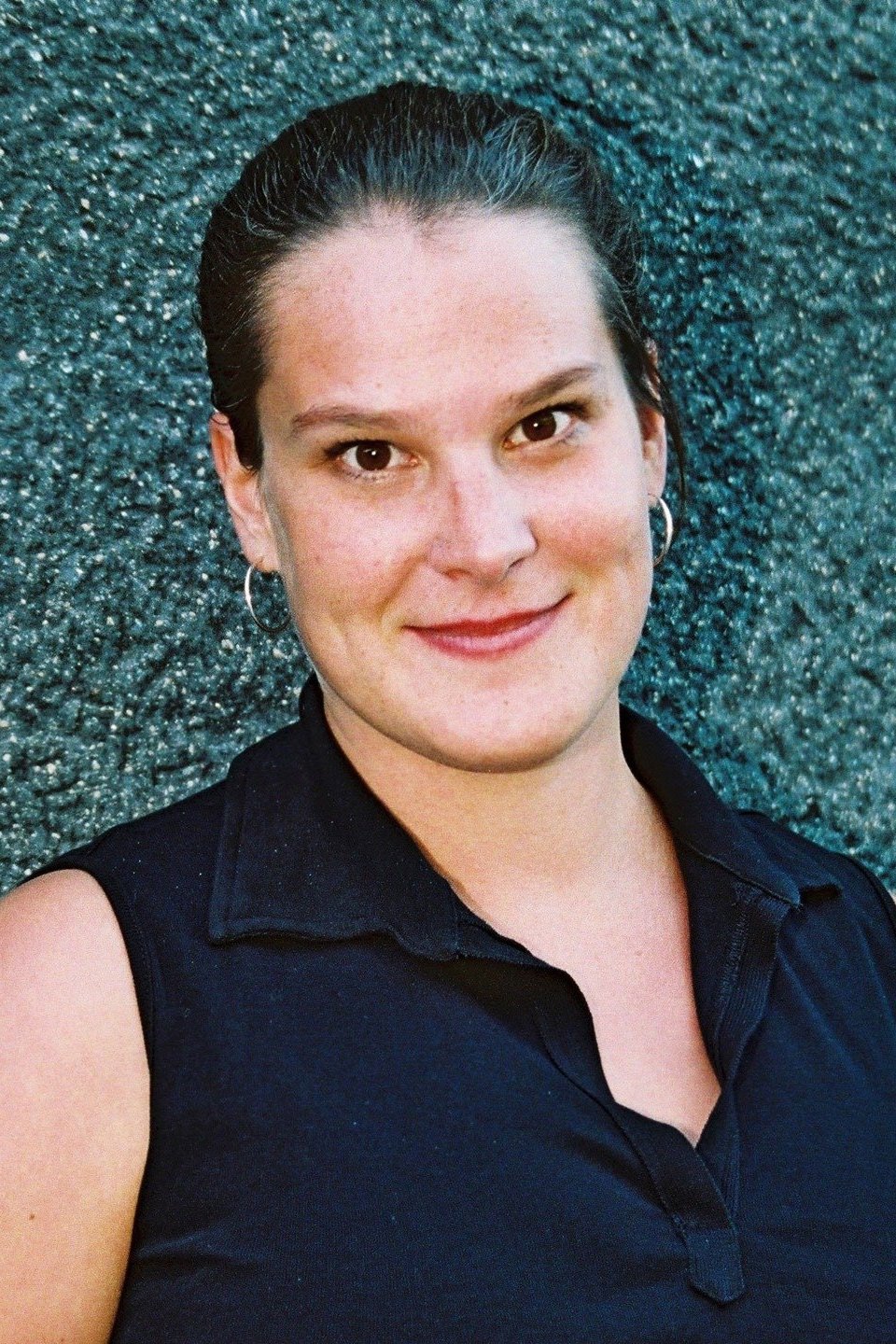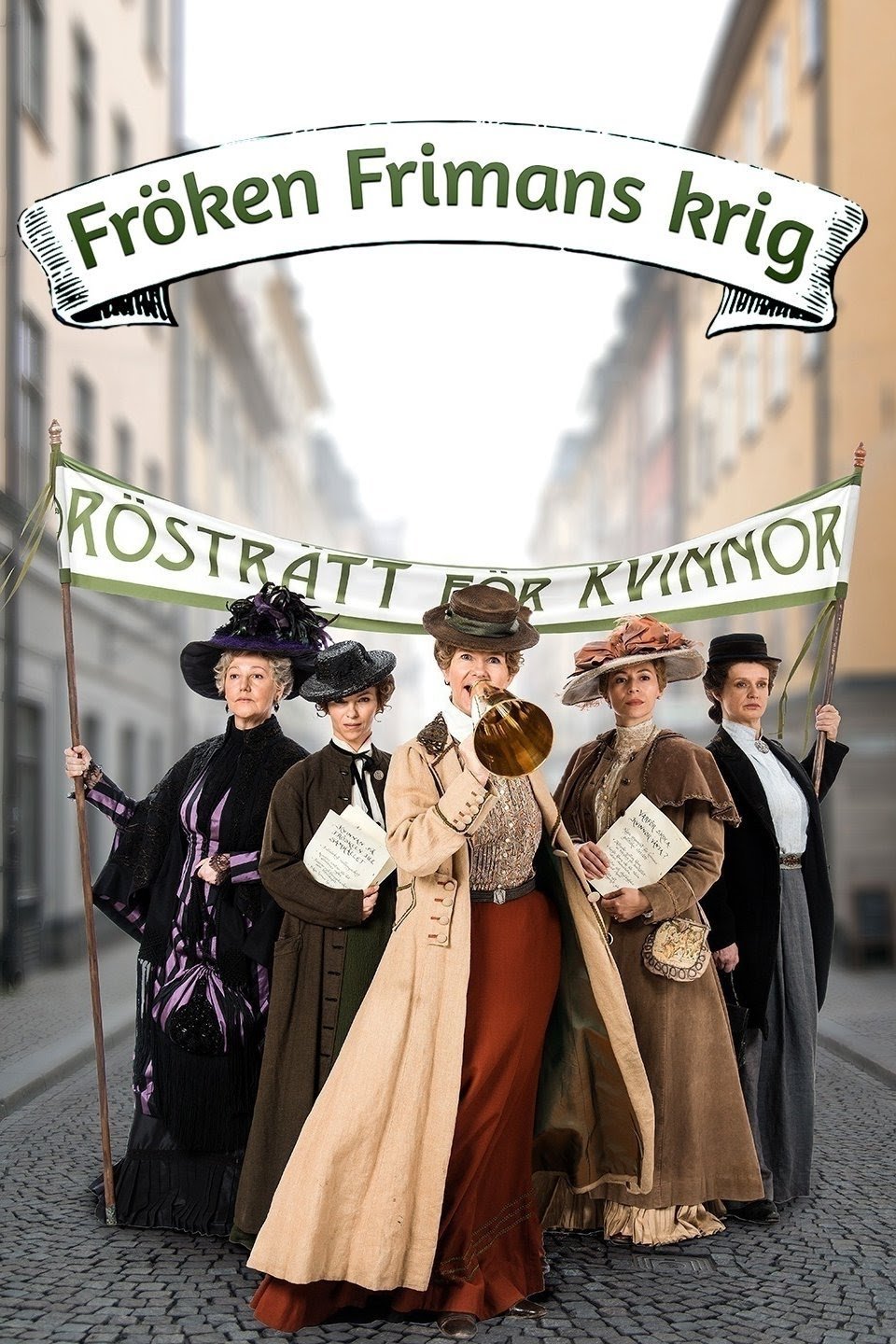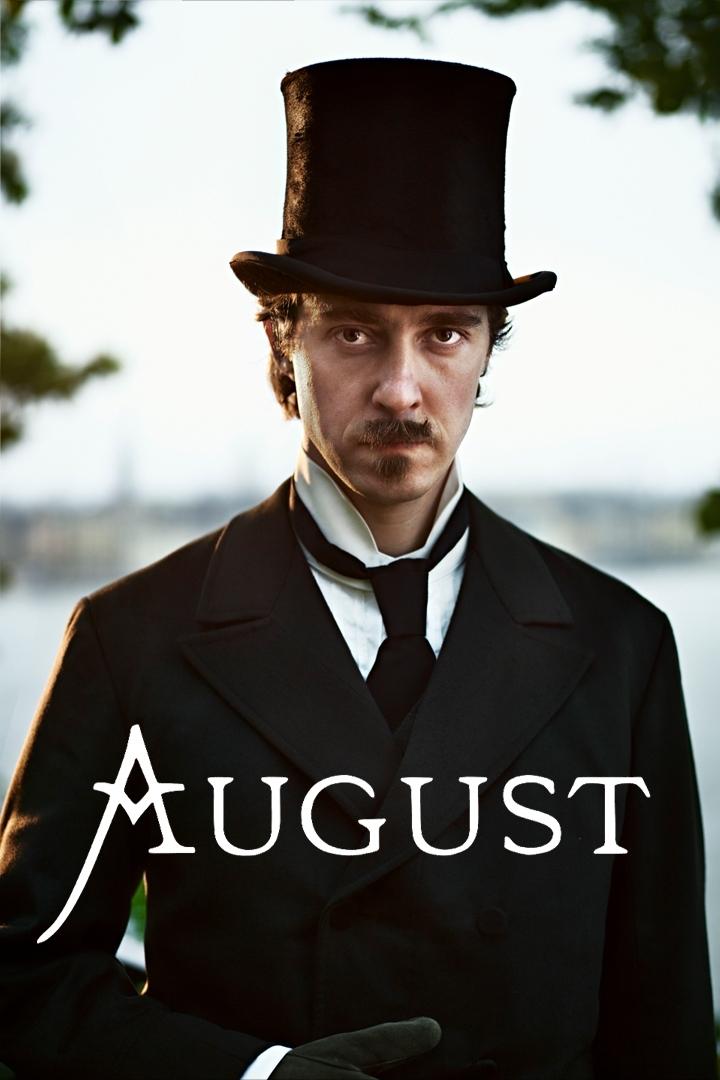

After her nationwide study suggests that sex is the highway to health, Anette and her three lifelong friends begin to question how to keep their own sex lives from being sidelined by careers, kids, partners, and the realities of life.

In the 1910s, journalist Arvid Stjärnblom and painter's daughter Lydia Stille fall in love with each other.

Nadja, a single girl living the big city life finds herself stressed out over the wish of having a child of her own as she realizes the biological clock is ticking. She is prepared to do almost anything to fulfill her dreams but finds out that the abortion laws are about to change. To qualify as a mum, within the next 30 days she has to find herself a husband. She already discovered that chances finding a husband willing to do this on such short notice are slim to none in the big city. Maybe it is easier on the countryside?

It's late summer in the small town of Valleby, but the calm is disrupted by bad news. The police station is under threat to be closed, which neither Lasse, Maja nor the chief of police wants. They must find a way to solve the situation.

Not all battles are violent. Meet a courageous group of women who takes on both the male rulers of the day and a corrupt grocery industry. Savvy is their strategy and cans of healthy food are their weapons. The three hour drama series "Miss Friman's War" is a humorous and poignant story about friendship and fighting for your dreams. It addresses topics that are as relevant today as they were then: the demand for good, unspoiled food and the struggle for equal rights. Although "Miss Friman's War" is a work of fiction, the story is partly based on actual events around the all-female food co-op "Svenska Hem", which was founded long before women even had the right to vote.

Agnes has most things in life: a family who are always there for her, a good job in the restaurant industry, a boyfriend who loves her, and a best friend whom she knows inside out. Or does she? All of a sudden things begin to crumble, one by one, and soon nothing is as it was.

In 1876, Strindberg is penniless and once again his play "Master Olof" is rejected by the Royal Dramatic Theater. Debt collectors his furniture and Strindberg is on the verge of committing suicide.
By browsing this website, you accept our cookies policy.